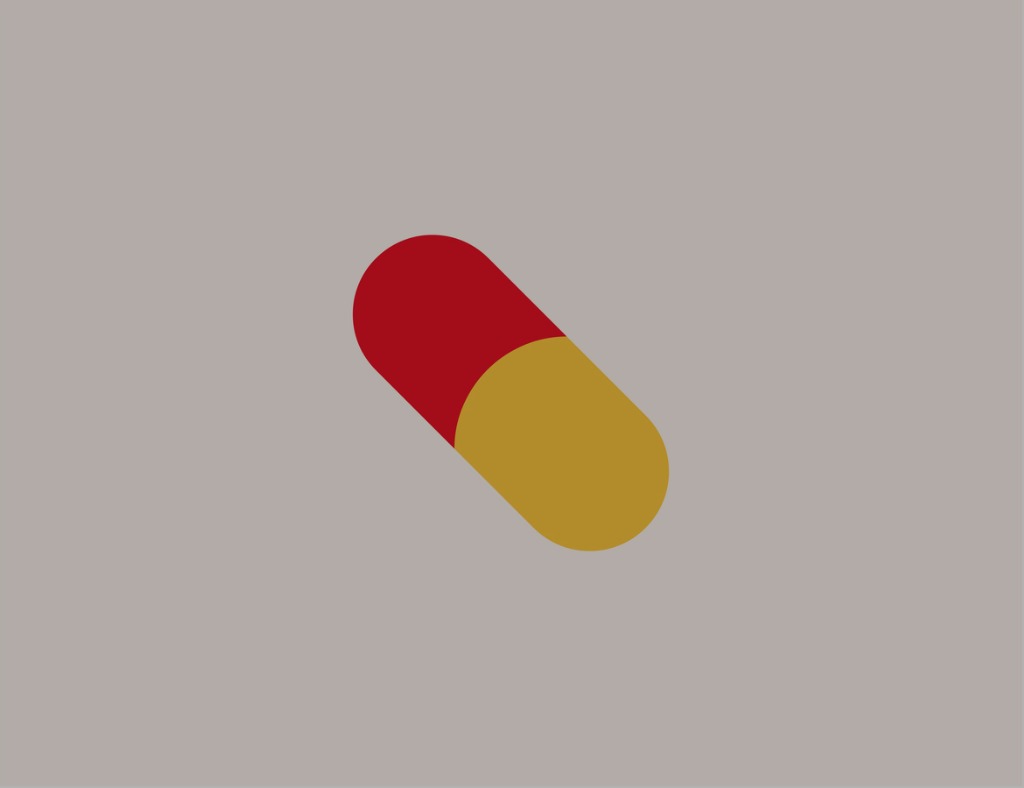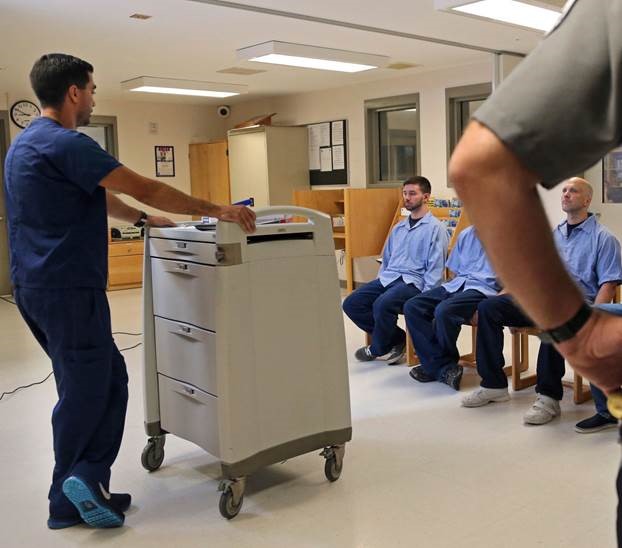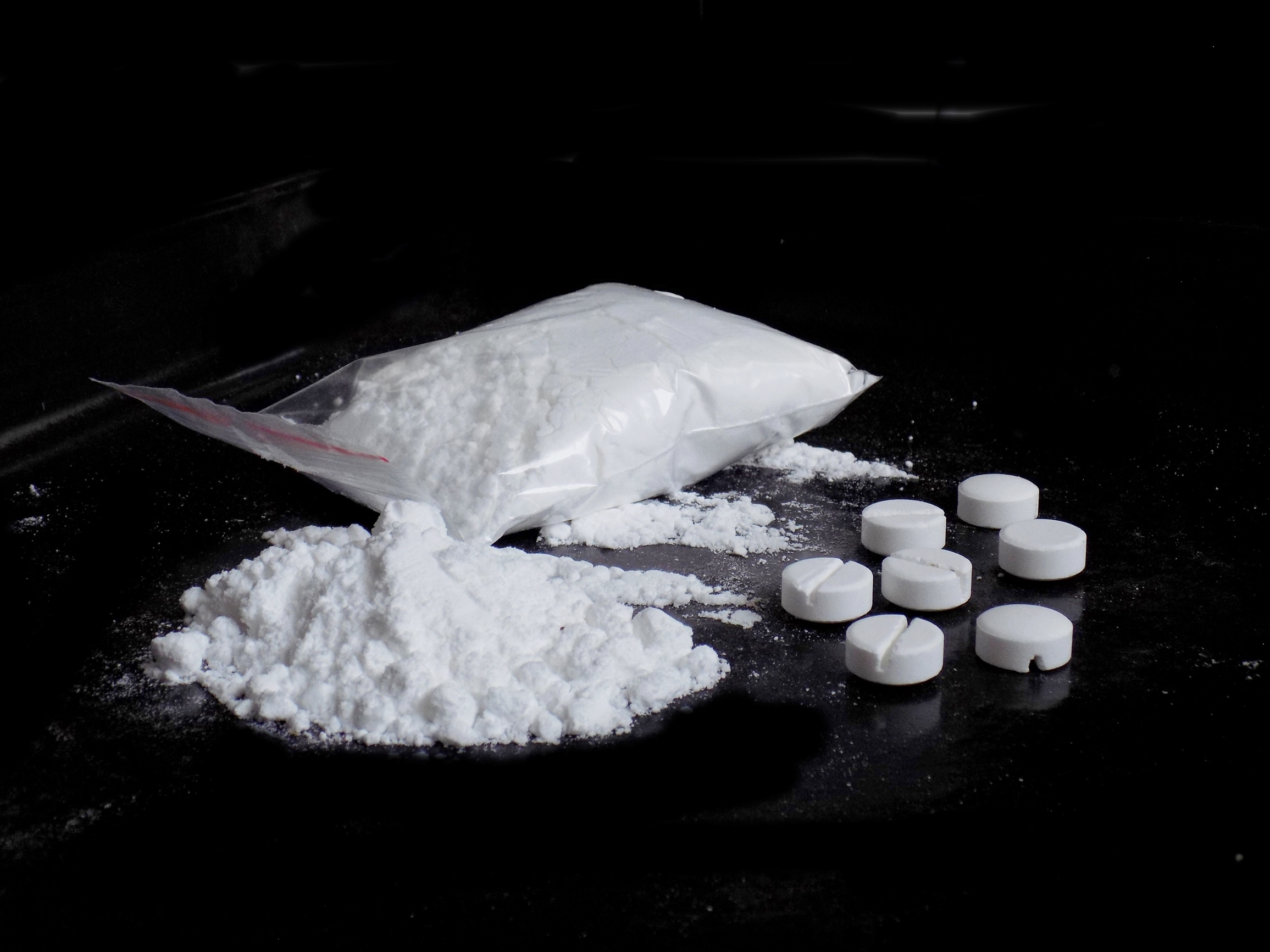Peer Support Services in Justice and Public Safety Settings – a Planning and Implementation Toolkit
This toolkit is for justice and public safety practitioners planning to implement peer support services in law enforcement agencies, court-based programs, community supervision agencies, and correctional settings. Each section of the toolkit offers critical questions to address during the planning and implementation phase, case studies, tools, and resources drawn from the latest research, subject matter experts, and experiences from diverse settings across the United States....











